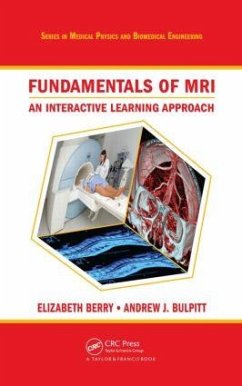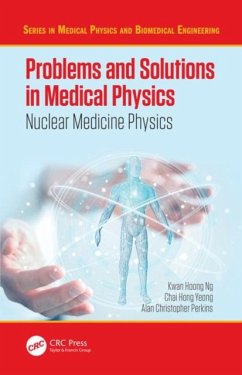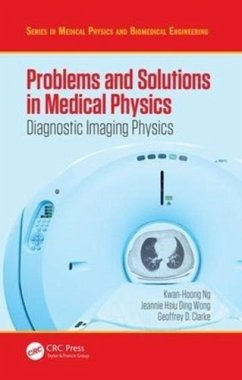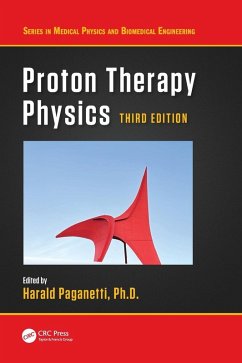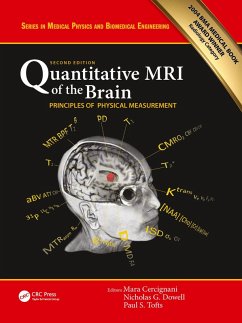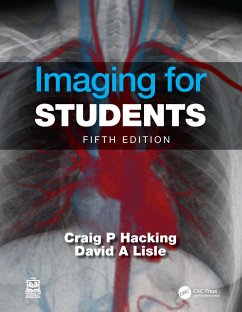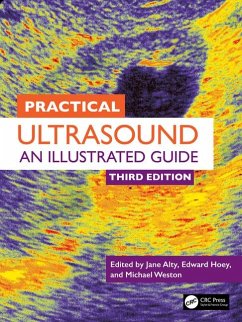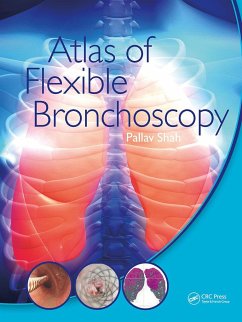Nicht lieferbar
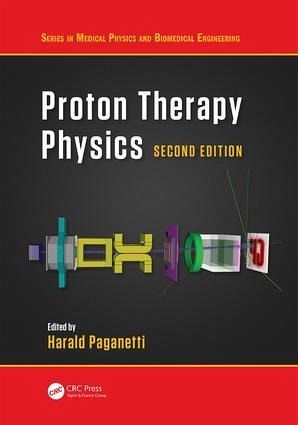
Gebundenes Buch
Proton Therapy Physics, Second Edition
Versandkostenfrei!
Nicht lieferbar




Expanding on the highly successful first edition, this second edition has been completely restructured and updated throughout, and includes several new chapters. It is suitable for both newcomers in medical physics and more seasoned specialists in radiation oncology, providing an in-depth overview of the physics of this radiation therapy modality.
Harald Paganetti received his PhD in nuclear physics from the Rheinische-Friedrich-Wilhelms University in Bonn, Germany in 1992. He subsequently entered the field of medical physics and later joined the physics team at Massachusetts General Hospital in 1998. He is currently the Director of Physics Research for Radiation Oncology at Massachusetts General Hospital and a Professor of Radiation Oncology at Harvard Medical School. He has authored and co-authored more than 200 peer-reviewed publications and has edited two books on Proton Therapy. He has made significant contributions to the field of radiation oncology physics, many of which have found their way into clinical practice. Particularly, he is a pioneer in advanced Monte Carlo dose calculations for proton therapy treatment planning, which allowed the reduction of treatment planning margins for many patients, and in four-dimensional dose calculation aiming at a better understanding of motion effects when using radiation therapy for moving targets. He is considered the world expert on the relative biological effectiveness of proton beams and has had a significant impact in biological effect modeling. In 2014 he received the Excellence in Mentoring Award from Harvard Medical School recognizing his teaching and mentoring activities for junior faculty and students. He serves on various committees mainly for the American Association of Physicists in Medicine (AAPM), for which he was named Fellow in 2014, and American Society for Therapeutic Radiology and Oncology (ASTRO). He is also a member of the National Council on Radiation Protection and Measurements (NCRP).
Produktdetails
- Series in Medical Physics and Biomedical Engineering
- Verlag: Taylor & Francis Ltd
- 2 ed
- Seitenzahl: 758
- Erscheinungstermin: 13. November 2018
- Englisch
- Abmessung: 188mm x 263mm x 52mm
- Gewicht: 1522g
- ISBN-13: 9781138626508
- ISBN-10: 1138626503
- Artikelnr.: 54576965
Herstellerkennzeichnung
Libri GmbH
Europaallee 1
36244 Bad Hersfeld
gpsr@libri.de
Für dieses Produkt wurde noch keine Bewertung abgegeben. Wir würden uns sehr freuen, wenn du die erste Bewertung schreibst!
Eine Bewertung schreiben
Eine Bewertung schreiben
Andere Kunden interessierten sich für



